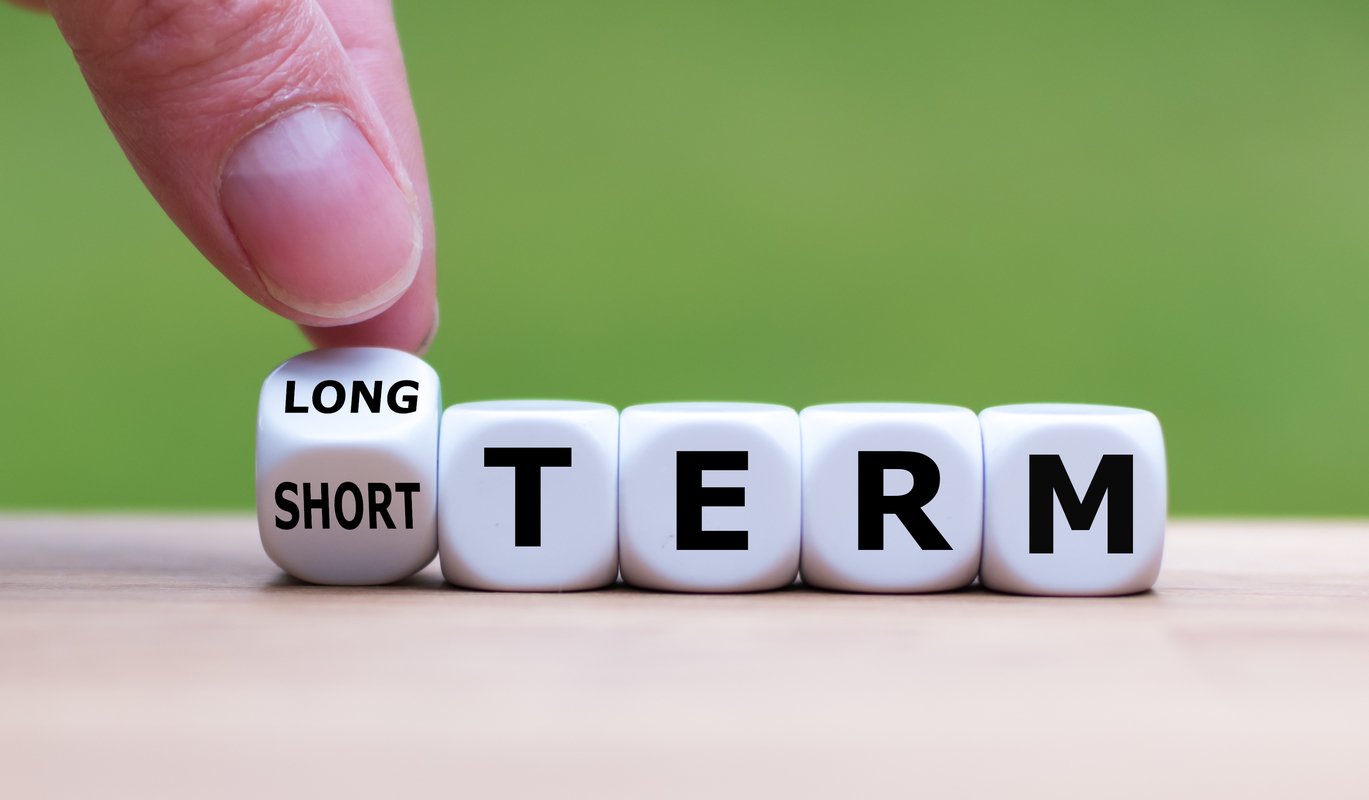Buying shares of a company that's in a transition can sometimes pay off nicely. Such transitions can lead to a resurgence in growth that fuels a major stock jump.
Biogen (BIIB +4.90%) and Bristol Myers Squibb (BMY +3.13%) stand out as two drugmakers who are in transition periods. Biogen is expanding beyond its core focus on multiple sclerosis. Bristol Myers Squibb has moved into new areas thanks to its acquisition of Celgene in November 2019.
The transitions for Biogen and BMS haven't brought good news for investors so far this year, though. Both stocks are down more than 9% year to date. But both biopharmaceutical companies have key opportunities to turn things around in the near future. Which stock is the better pick for investors now?

Image source: Getty Images.
The case for Biogen
Biogen's multiple sclerosis (MS) franchise has been its primary growth driver in the past. The biotech continues to enjoy solid sales growth for two of its MS blockbusters, Tecfidera and Tysabri. However, the drugs aren't generating the same growth rates as they used to. And sales are sinking for Biogen's interferon products Avonex and Plegriday.
The worst news for Biogen on the MS front, though, is that it recently lost a lawsuit over a key patent for Tecfidera in a U.S. District Court. Biogen will appeal the court's ruling, but it's quite possible that Tecfidera will soon face generic competition.
So what's the good news for Biogen? The company's spinal muscular atrophy (SMA) drug Spinraza is still a big winner. Its three approved biosimilars are rapidly gaining momentum. Biogen's royalties from Roche's sales of MS drug Ocrevus continue to climb.
The best news of all, however, could come from Biogen's pipeline. The biotech expects to file for FDA approval of aducanumab in treating Alzheimer's disease in the third quarter of this year. If the drug wins approval, it could achieve peak annual sales of around $10 billion. It's no exaggeration that success for aducanumab would be a game-changer for Biogen.
In addition to aducanumab, Biogen's pipeline includes five other late-stage programs. One promising candidate that stands out is tofersen, a drug targeting a rare form of amyotrophic lateral sclerosis (ALS) that Biogen is developing with Ionis Pharmaceuticals.
Biogen also claims a strong early and mid-stage pipeline, with 12 programs in phase 2 testing and 10 programs in phase 1 studies. Opicinumab looks especially promising and could rejuvenate the company's MS franchise if it proves to be safe and effective.
The case for Bristol Myers Squibb
Bristol Myers Squibb landed two drugs on market researcher EvaluatePharma's list of the top five drugs expected to be the biggest sellers in 2024. Blood thinner Eliquis, which BMS co-markets with Pfizer, was No. 3, while cancer immunotherapy Opdivo ranked No. 4.
Those aren't the big pharma company's only winners. Arthritis drug Orencia and multiple myeloma drug Empliciti continue to deliver strong sales growth. Yervoy is likely to gain steam after the FDA approved a combination of it and Opdivo last month as a first-line treatment for non-small cell lung cancer (NSCLC).
BMS' acquisition of Celgene brought more stars into its constellation. Blood cancer drug Revlimid is now the company's biggest moneymaker. Multiple myeloma drug Pomalyst/Imnovid and solid tumor drug Abraxane are both blockbusters with rising sales.
Several of Celgene's new drugs are also now on the market. BMS recently launched Zeposia in treating multiple sclerosis. Reblozyl, which is approved for treating anemia in beta-thalassemia and myelodysplastic syndromes, and myelofibrosis drug Inrebic are slowly picking up momentum.
Then there's the candidates that the Celgene deal added to BMS' pipeline. CAR-T therapies ide-cel and liso-cel are especially promising. In total, BMS has more than 50 late-stage programs plus nearly 50 programs in phase 2 testing and over 40 programs in phase 1 studies.
On top of its strong product lineup and robust pipeline, BMS offers an attractive dividend. Its dividend currently yields 3.2%. The company has increased its dividend by nearly 22% over the last five years.
Better buy
Biogen could deliver big gains over the next few years. However, the biotech stock has an awful lot riding on success for aducanumab and winning its appeal of the court ruling invalidating the key patent for Tecfidera.
Meanwhile, Bristol Myers Squibb seems like a pretty good bet to provide attractive total returns. The company boasts a long line of likely growth drivers: Eliquis, Opdivo, Orencia, Reblozyl, Zeposia, ide-cel, liso-cel, and more.
BMS doesn't have a potential game-changer like Biogen does with aducanumab. But it doesn't need one. I think Bristol Myers Squibb is the better pick right now.










